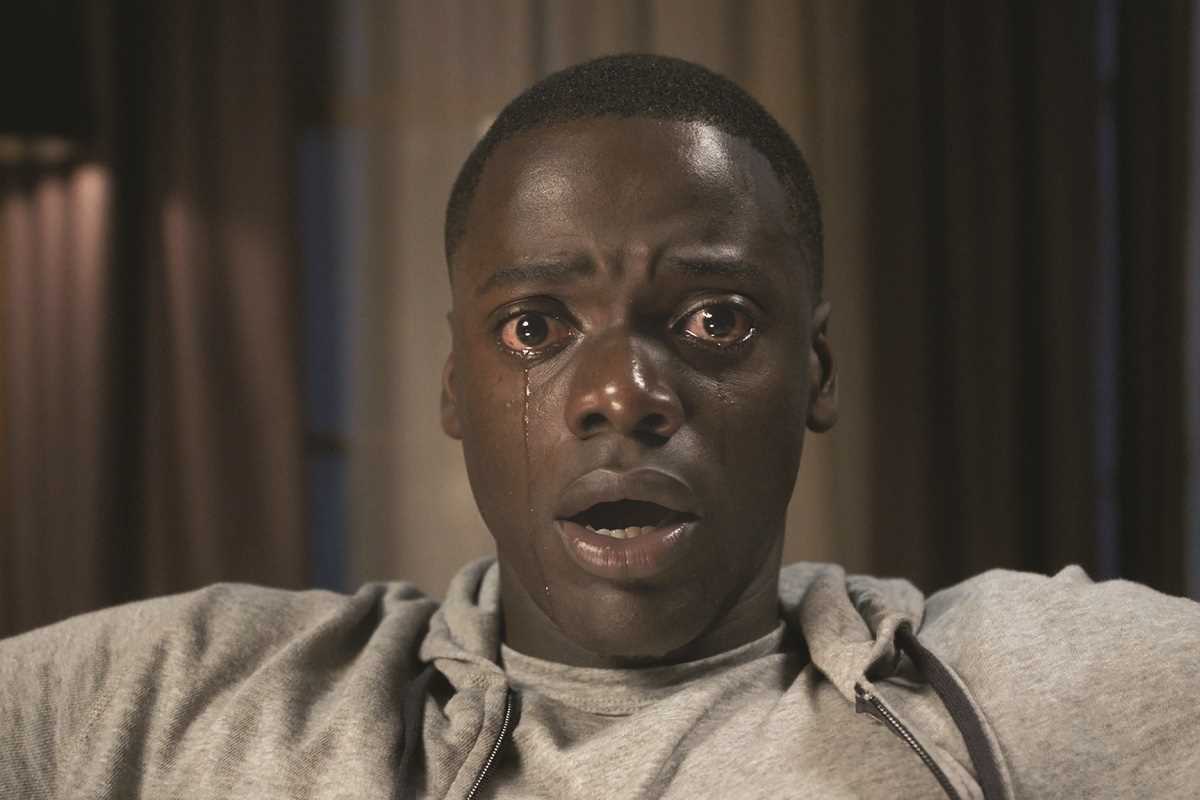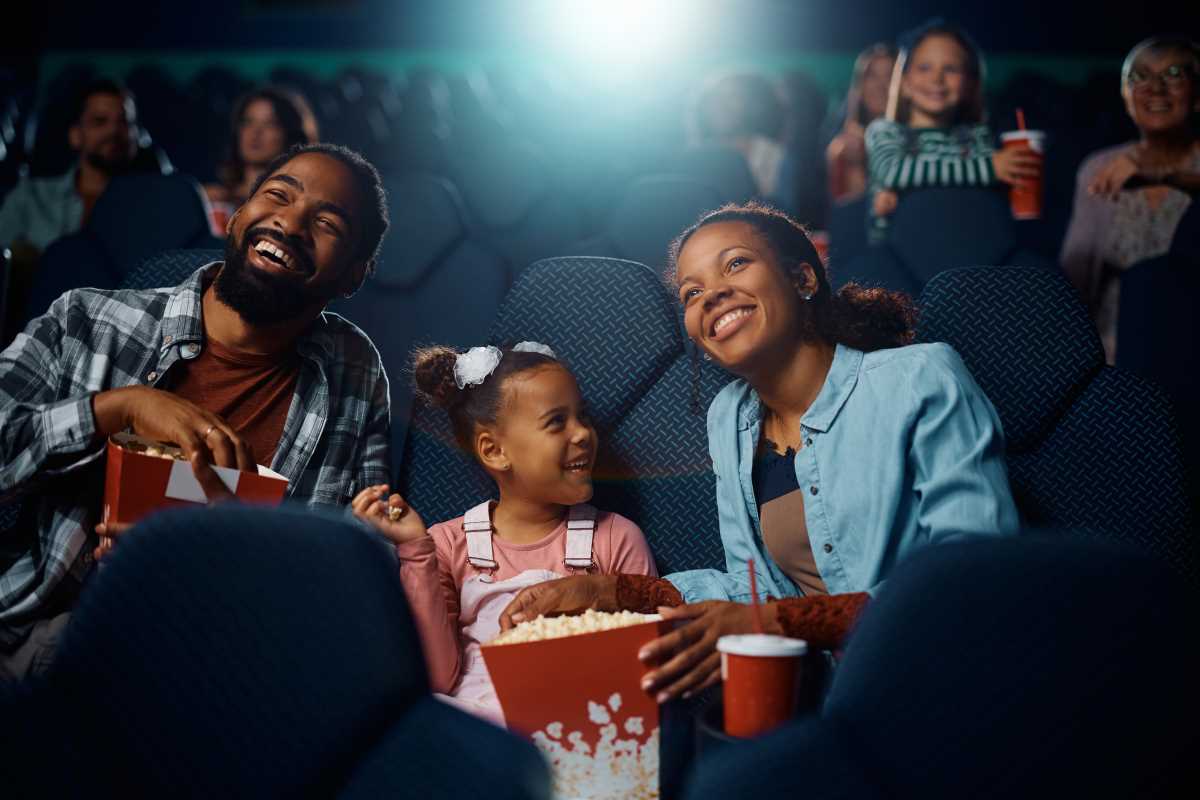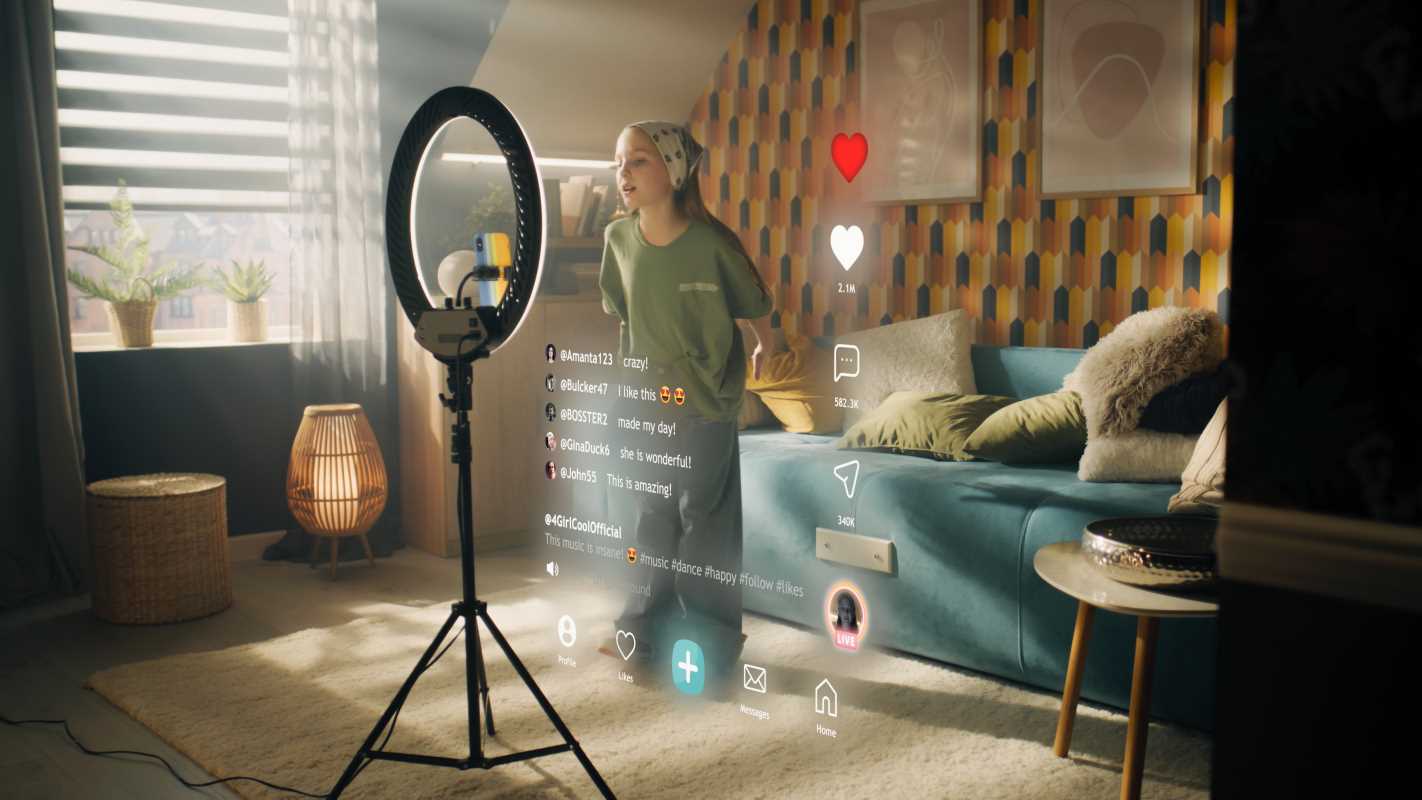Pop culture is more than just entertainment; it's a mirror that reflects who we are, what we care about, and where we're heading as a society. The music we stream, the shows we binge, the memes we share, and the products we buy all tell a story about our collective mindset. As we navigate 2025, the trends taking shape are a fascinating mix of futuristic technology and a deep longing for the familiar. From artificial intelligence creating our next favorite song to fashion lines inspired by our childhood cartoons, the cultural landscape is constantly shifting. Understanding these trends gives us a glimpse into the forces shaping our world, offering insight into everything from technology to human connection.
AI Steps into the Spotlight
Artificial intelligence has moved from a futuristic concept to a tangible part of our daily lives, and its impact on entertainment is becoming impossible to ignore. In 2025, AI is not just a behind-the-scenes tool; it's taking center stage as a creative partner and even a performer. We're seeing this play out in several exciting ways.
In music, AI-powered tools like Suno are allowing users to generate original songs from simple text prompts, blurring the lines between creator and consumer. While this raises questions about artistry, it also democratizes music creation in an unprecedented way. Beyond music, AI is a major theme in film and television. Shows like Severance explore the ethical and personal implications of a world intertwined with advanced technology, reflecting our collective anxieties and curiosities about a more automated future. This trend shows that we are not just using AI, but we are also in a deep cultural conversation about what its growing presence means for us.
The Powerful Pull of Nostalgia
In a world that feels like it's changing at lightning speed, there is a deep comfort in the familiar. This sentiment is driving a major trend in 2025: nostalgia-fueled collaborations. Brands are tapping into our fond memories of the past, creating products that connect with us on an emotional level. This goes far beyond simply re-releasing old products; it’s about remixing the past for a modern audience.
We see this in the fashion world with collections inspired by beloved movies and cartoons. For example, brands like Forever 21 are launching lines tied to major film releases like Wicked, while other collections draw inspiration from iconic characters like Hello Kitty and the Teenage Mutant Ninja Turtles. These collaborations do more than just sell clothes; they sell a feeling. They allow consumers to wear their fandom on their sleeve and reconnect with a piece of their childhood. From Disney-inspired home fragrances that make your house smell like a magical kingdom to Barbie-themed accessories, this trend proves that looking back is a powerful way to move products forward.
Celebrity Ventures Get More Personal
Celebrities have been launching products for decades, but the trend in 2025 is shifting toward more personal and integrated brand ventures. It's no longer enough to just slap a name on a bottle of perfume. Today's most successful celebrity brands are deeply woven into their public personas and daily lives, often leveraging social media to create a direct and authentic connection with their followers.
A prime example is Hailey Bieber's Rhode Skin, which brilliantly merged beauty and tech with its phone case designed to hold a lip treatment. The product wasn't just practical; it was a viral social media moment that perfectly encapsulated the brand's ethos of effortless, integrated beauty. Similarly, Meghan Markle’s lifestyle brand, As Ever, used a Netflix series and a podcast to build a narrative around her personal tastes, from fruit spreads to home decor. These ventures feel less like endorsements and more like extensions of the celebrity's own identity, making fans feel like they are buying into a lifestyle, not just a product.
The Streaming Landscape Continues to Evolve
The way we consume movies and television is still undergoing a massive transformation. While streaming is firmly the dominant medium, the strategies of the companies involved are changing. One of the most significant moves of the year was Amazon's acquisition of the James Bond franchise. This signals a new era for iconic intellectual property, where streaming giants are looking to build out entire universes around beloved characters, similar to what Disney has done with Marvel and Star Wars. This could mean more spin-off series, animated shows, and movies for characters that were once confined to a film every few years.
At the same time, individual shows are pushing the boundaries of storytelling. Series like The Righteous Gemstones are delivering episodes that feel like cinematic events, with feature-film-level production quality and standalone narratives. This elevates the standard for television and blurs the lines between the big and small screens, giving creators more freedom to experiment with format and structure.
Local Flavors Go Global
For a long time, American pop culture dominated the global stage. While it remains influential, 2025 is marked by a growing appreciation for local cultures and niche communities that are finding a worldwide audience. Thanks to streaming platforms and social media algorithms, what was once considered "niche" can now become a global phenomenon.



.jpeg)
.png)
.png)

.png)